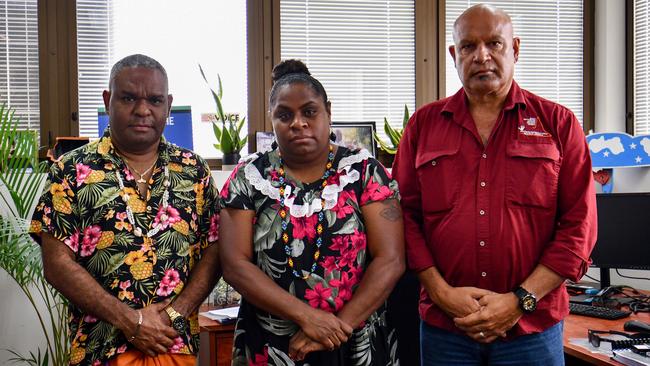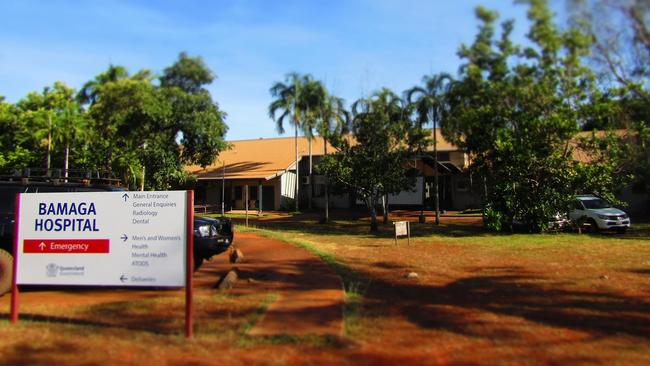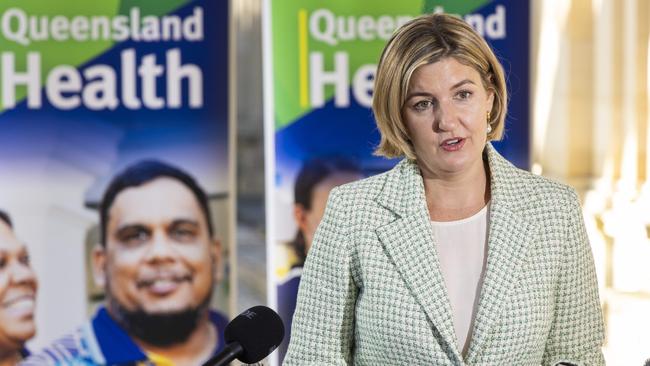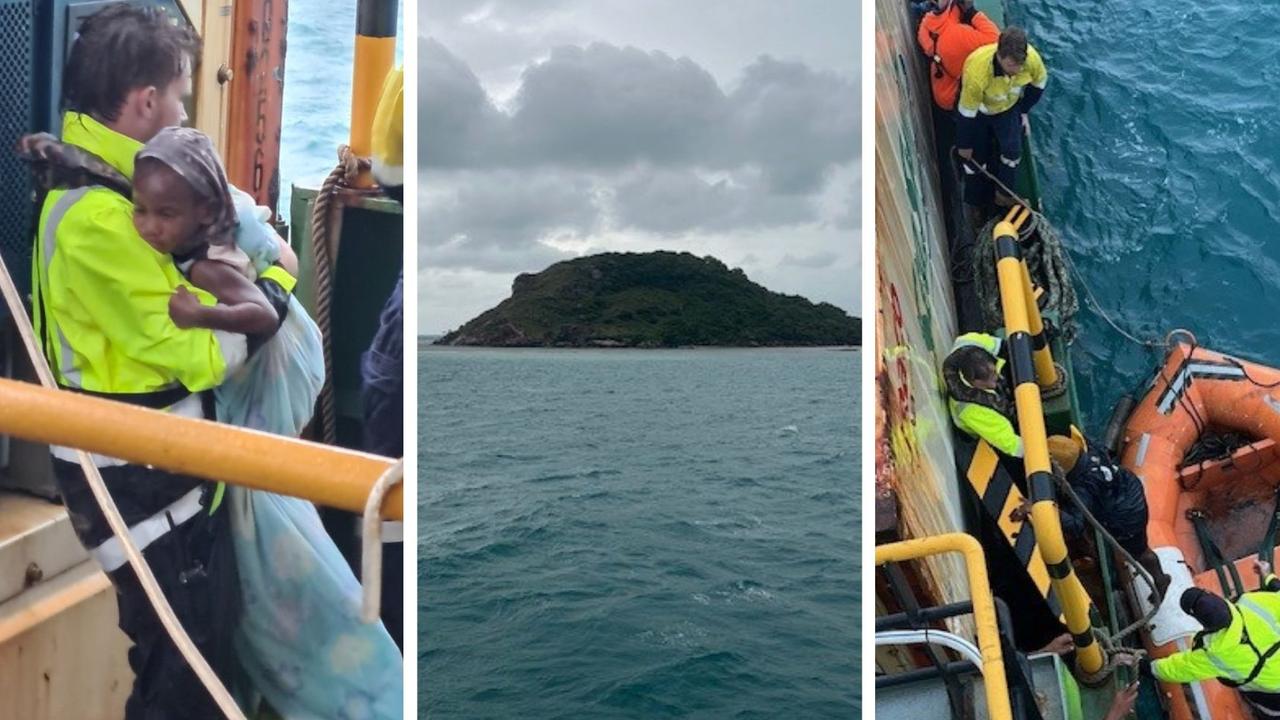‘Investigating themselves’: Remote Far North mayors blast Queensland Health investigation
Angry Indigenous leaders have refused to meet with Queensland’s Health Minister following the release of a critical healthcare report into services provided in northern Cape York and Torres Strait communities.

Cairns
Don't miss out on the headlines from Cairns. Followed categories will be added to My News.
Angry Indigenous leaders have refused to meet with Health Minister Shannon Fentiman following the release of a critical healthcare report into services provided in northern Cape York and Torres Strait communities.
But Ms Fentiman has fired back, claiming she has held multiple meetings with First Nations mayors since August to address concerns raised about healthcare in remote communities.
Queensland Health issued the first part of an investigation into the treatment of First Nations peoples by Torres and Cape Hospital and Health Service (TCHHS) following several delays earlier this week.

In the report, sparked by the death of a Bamaga toddler in June last year and public outcries calling for improved health services, investigators interviewed more than 70 people and reviewed over 400 documents in completing the 183-page report.
At a meeting in Cairns on Friday, Ms Fentiman invited health workers, community members and organisations to discuss the findings, including eight recommendations, highlighted in the document.
But Torres Strait mayors Elsie Seriat and Phillemon Mosby along with Northern Peninsula Area Regional Council (NPARC) mayor Robert Poipoi boycotted the event, citing concerns with the investigation process and a lack of consultation.
“We have not previewed the report prior to it being disclosed in a task force meeting today,” Mr Mosby said.
“We haven’t been involved in the first part of the report that was promised by the Queensland government under their investigation model.
“We know that the report … is not independent. They are investigating themselves.”

Mr Mosby said he, along with other leaders, were compelled to write to former Premier Annastacia Palaszczuk last year imploring her to address an “epidemic” in their region.
“We’re seeing a high prevalence of avoidable deaths of at least three deaths a week and growing for a population of 15,000 people, indicative of the neglect of essential primary health care services and chronic disease,” Mr Mosby said.
“Because there’s no prevention, chronic disease is on the rise and because they’re not diagnosed we’re catching them at the end where they should be receiving palliative care.”
The Health Minister said she had engaged with Torres Strait Regional Authority chair, Pedro Stephen and mayors extensively throughout the process.
“I have met with them six times since this investigation commenced,” Ms Fentiman said.
“There has been a very high level of consultation. I set up a community roundtable.
“I was disappointed that (some of) the mayors couldn’t be part of the briefing today but we’ll continue to work with them.”
Preventable illnesses, substandard infrastructure and a lack of culturally appropriate care were key issues in communities like Bamaga, Seisia and New Mapoon, Mr Poipoi said.
“We need a big improvement in our health system, training our own people to work together with doctors and qualified staff, so that we can meet our cultural protocols through the system,” he said.
“Families need that strong voice from us as elected leaders from our regions.
“In my region, my population is outgrowing the resources at the moment. I need better health outcomes for my region. That’s where I stand.
“We don’t want to be another statistic within the health system.”
Ms Fentiman acknowledged that more work needed to be done to close the health gap in Cape York and the Torres Strait.
“We have to bring the community with us and we have to do more to build that trust and engage with the community but we also need to be doing more on early intervention and prevention,” she said.

The first part of the report highlighted longstanding health issues in the region, Shadow Health Minister Ros Bates said
“There have been no significant improvements in prevention and management of chronic disease, the rate of kidney disease and cancer is continuing to rise, while access to oral care has deteriorated,” Ms Bates said.
“Alarmingly the investigation found that a lack of information and resource sharing, along with poor data collection, are posing significant risks to patient care.”
The second and final part of the report is due later this year.
Originally published as ‘Investigating themselves’: Remote Far North mayors blast Queensland Health investigation


